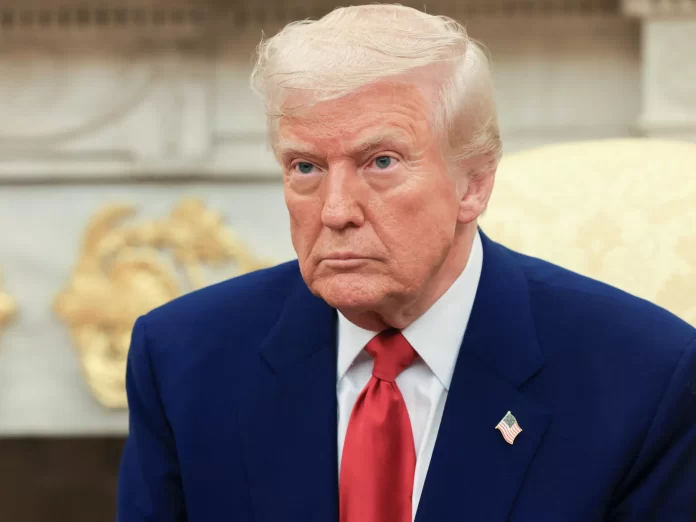President Donald Trump’s announcement of sweeping new tariffs—minimum 10% duties on nearly all international trade partners—has triggered immediate shockwaves in global markets and raised serious concerns among business leaders. Branded as “Liberation Day,” the policy has, so far, brought more volatility than freedom. As Forbes senior contributor Yue Wang reports, major indices plummeted following the announcement: the Nasdaq dropped over 13%, the S&P 500 more than 12%, and the Dow Jones close to 12%. Asian markets were equally rattled, with China’s CSI 300 and Hong Kong’s Hang Seng Index down 7.5% and 10.5%, respectively.
In response, EY convened a panel of economic experts to assess the potential fallout. A key takeaway: businesses are facing significant uncertainty. “The volatility on tariff policy continues to effectively function as an uncertainty tax,” said Evan Giesemann of the Washington Council Ernst & Young, warning that it hampers long-term planning.
Andrew Phillips, EY’s Global Government & Infrastructure Economics leader, pointed out that nearly a quarter of the inputs used in U.S. production are imported, meaning the tariffs will likely affect both finished goods and raw materials. As retaliatory tariffs emerge globally, both imports and exports are expected to decline, complicating efforts to reduce trade deficits.
Phillips noted that while some companies may shift production back to the U.S., this move may have limited impact. With U.S. factory capacity already running at 75% and skilled labour shortages in manufacturing (unemployment at just 2.9%), large-scale reshoring seems unlikely without major investment.
Martin Fiore, EY Americas deputy vice chair for Tax, urged companies to focus on short-term operational agility. “It’s no longer wait and see,” he said, encouraging businesses to reassess supply chains, optimise import timing, and adapt to a fast-changing landscape.
The retail grocery sector may feel the effects of tariffs first, especially with its reliance on imported, perishable goods. According to Stuart Aitken, CEO of retail analytics firm Circana, shifting data signals suggest early disruption is already underway.
As businesses navigate the fallout, the message is clear: understand your exposure, adapt quickly, and stay vigilant.
This article is based on original reporting by Yue Wang for Forbes. Full article available at Forbes.com.


